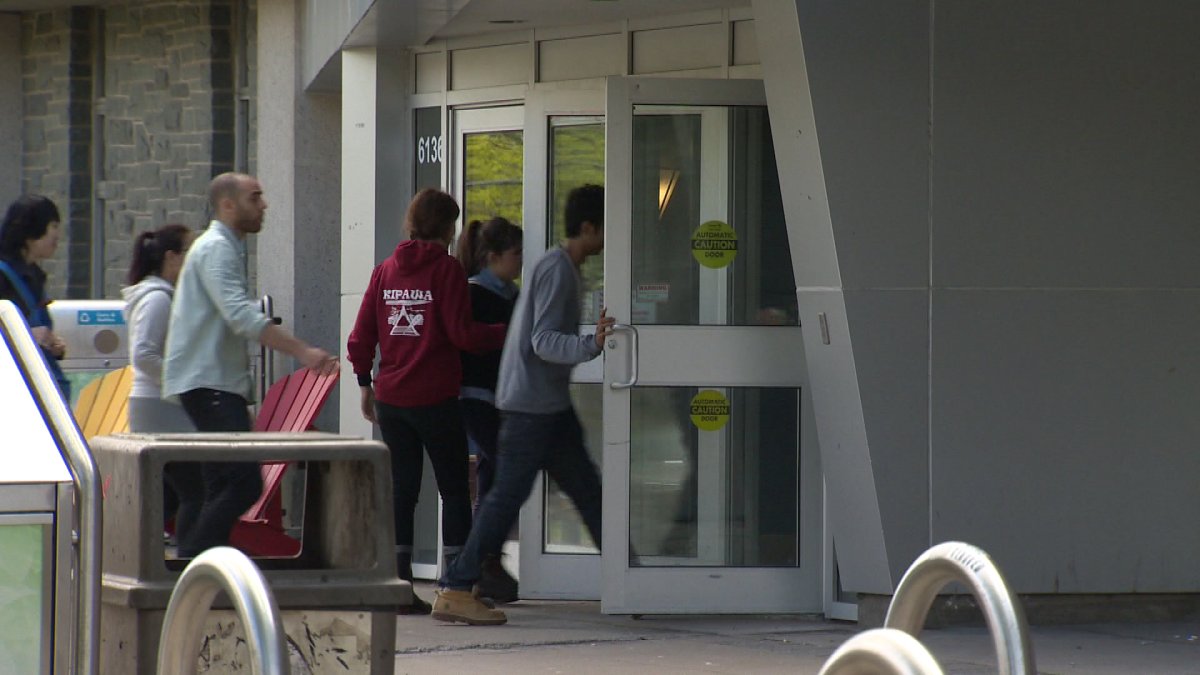HALIFAX – A new report is calling for tuition freezes at Nova Scotia universities. Students NS is an advocacy group that represents six universities in the province, or 87% of Nova Scotia students, but not every university’s student union agrees with the report’s recommendations.

The organization says the province needs to make post-secondary education more affordable and accessible. Its report, Fairness in Nova Scotia University Funding: Who Pays and How Much?, says that Nova Scotia students pay the third highest tuition rates in the country, behind Ontario and Saskatchewan.
“There’s a clear message in the report that universities don’t need dramatic funding increases so they cannot expect students to pay more,” said Jonathan Williams, executive director of Students NS.
The report was released last week and is the culmination of six months of research. The report is calling for the province to freeze tuition fees until unemployment improves. It only wants fees to increase if there is a good availability of jobs.
Williams believes universities are taking advantage of students and they cannot expect students to pay more,
“We have to point out this is one of the most expensive education systems in the world. And we’re not convinced it’s the best quality, at least relative to cost,” he said.
Saint Mary’s University Students Association, SMUSA, agrees with the recommendations, saying that if tuition does have to increase, it should at least be stable so students can plan their budgets.
“It’s a very stressful time for students, especially these days, where they are not sure what they are doing after school in terms of employment. They don’t know where their next paycheque might be coming from,” said Jared Perry, president of SMUSA.
But at nearby Dalhousie University, there is a different tone.
“Ultimately Dalhousie students see reduced tuition as the number one priority,” said Aaron Beale, vice president of the Dalhousie Student Union.
“Those values were not reflected in the report so we voted against it.”
Beale says his student union will continue to fight for lower tuition.
The report is also recommending that the province make the student bursary program permanent, set more conditions on how universities are funded and review meal plan and residence rates so they are more competitive with market prices.
The Minister of Advanced Education Frank Corbett sent Global News the following statement when asked about the report:
“Over the past two years, the province has invested more than ever before in student assistance – more than $90 million over the last two budget years. The investment means more students are graduating with less debt – with a cap on tuition increases, a cap on student debt levels, and more money available to students through grants they don’t have to repay instead of loans.”
The six universities making up Students NS are Dalhousie, Saint Mary’s University, Acadia University, Cape Breton University, the Atlantic School of Theology and the Saint Francis Xavier universities. Every school except Dalhousie voted in favour of the report.
The Dalhousie Student Union tells Global News that it plans to keep fighting for lower tuition despite this report being released. It plans to do that through lobbying, student awareness campaigns and public awareness campaigns.
Students NS will meet with the Minister over the coming month to discuss the recommendations. The organization meets several times a year with the Ministry. The organization will also release another report on university tuition later this month.




Comments